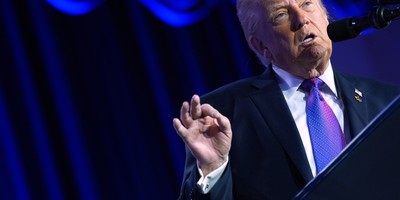North Korea: The special session of the Supreme People's Assembly, which convenes on 25 September, is expected to debate agricultural reforms that will allow farmers to keep as much as half of their crops.
Analysts say the reforms are designed to increase agricultural output, reduce reliance on expensive imports, reduce malnutrition and halt rising food prices.
Comment: Beyond what the "analysts" say, the government promise that farmers would be allowed to keep up to half of their crops is nearly revolutionary by itself. However, there might be less here than meets the eye in that it would legalize and tax a practice that is common among North Korea farmers -- keeping up to half the crop for black market sales.
Egypt: The country's highest administrative court upheld and applied a ruling by the country's highest constitutional court that the elected parliament is unconstitutional. However, a third case is challenging the ruling of the administrative court. A hearing on that case is set for mid-October.
Comment: The significance of these rulings is that their effect is to enable President Mursi to govern under the Mubarak constitution without a parliament. In practical effect, Mursi is an autocrat and not the spokesman of a new democratic Egypt. Moreover, he seems to like his new role.
Egypt-US: Comment: In an interview that the New York Times published over the weekend, Egyptian President Mursi made two significant statements. First is his intention to create more balance in foreign policy and more distance between the United States and Egypt, than has been case in the past. He called on the US to change its Palestinian policy.
Recommended
The second is Mursi's statement that Egyptian forces deliberately responded slowly to the attack on the US Embassy compound, but when they did, the Egyptians responded decisively.
Comment: Mursi seems unaware that his admission of a deliberately slow response to the threat to the US Embassy establishes a reasonable basis for liability plus establishes his willingness to tolerate street violence when it suits his political purposes.
End of NightWatch ###.
NightWatch is brought to readers of Townhall Finance by Kforce Government Solutions, Inc. (KGS), a leader in government problem-solving, Data Confidence® and intelligence. Views and opinions expressed in NightWatch are solely those of the author, and do not necessarily represent those of KGS, its management, or affiliates.
A Member of AFCEA International

























Join the conversation as a VIP Member